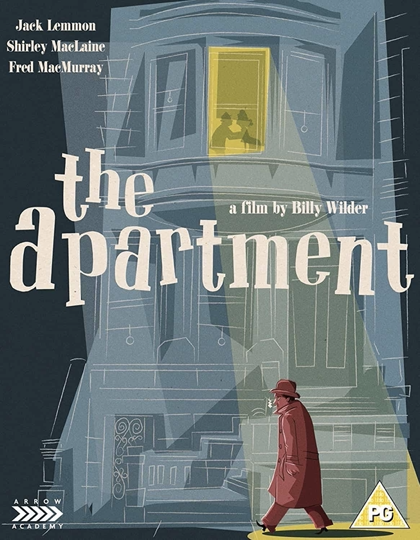The Art of Cynicism and Compassion
In this four-part series, participants explored the work of Billy Wilder, a refugee from Nazi Germany who became one of Hollywood’s greatest writer-directors.
Over three decades, Wilder mastered nearly every major genre—film noir, drama, comedy—and shaped modern screenwriting more than any other filmmaker of his era.
The series examined four of his most celebrated works:
- Double Indemnity (1944) – a model of noir construction and moral tension
- The Lost Weekend (1945) – an unflinching portrait of addiction that won Wilder Oscars for Director and Screenplay
- Sunset Blvd. (1950) – Hollywood’s own nightmare, where delusion and ambition intertwine
- The Apartment (1960) – a darkly humane comedy that swept the Oscars for Best Picture, Screenplay, and Director
Across these discussions, participants traced Wilder’s balance of cynicism and empathy—his ability to expose social hypocrisy while still finding humanity in the flawed. We explored how his journalistic past informed his storytelling precision and how his recurring themes—ambition, loneliness, moral compromise—remain timeless.
Notable discoveries that emerged in the course of the series included Wilder’s early journalism (as chronicled in Billy Wilder on Assignment) and the surprising origins of Some Like It Hot, which was adapted from the German Fanfaren der Liebe and French Fanfare d’Amour.
Through detailed scene studies—from the use of light and space in Double Indemnity to the reversals and emotional elasticity of The Apartment—the group examined what makes Wilder’s films endure: structure, wit, and the uneasy recognition that decency and corruption often share the same apartment key.
